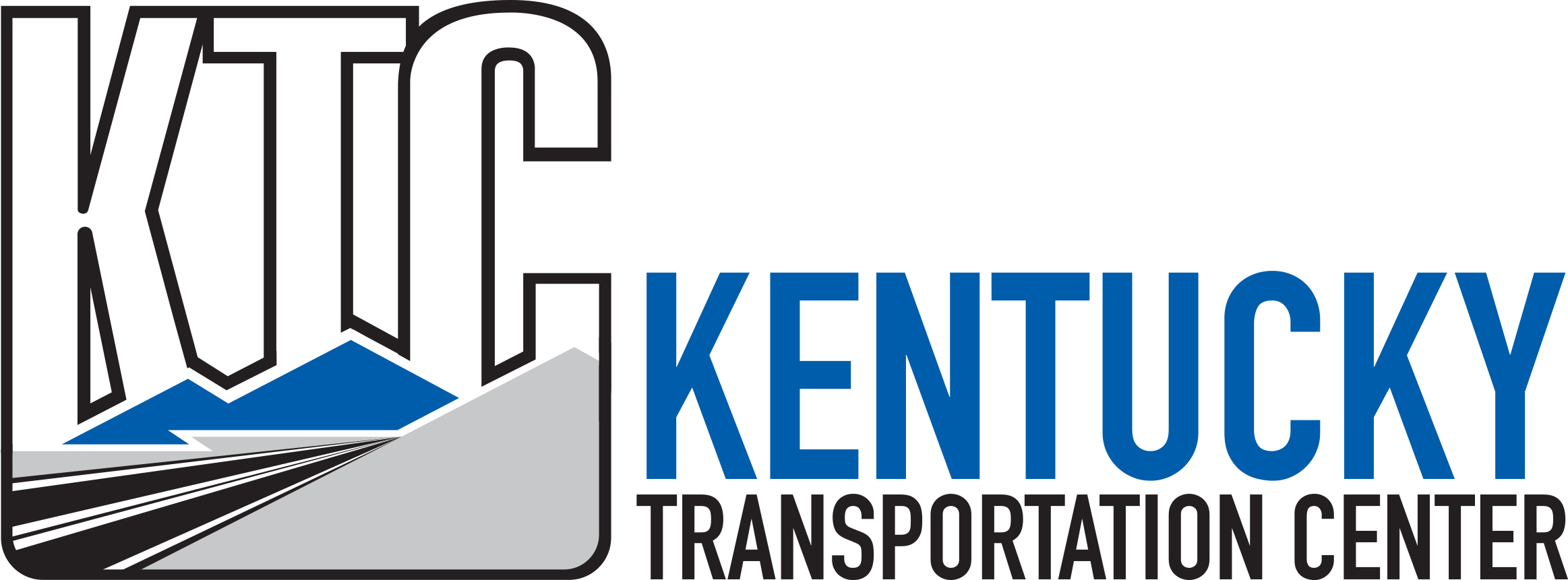Abstract
Retirements and other staff changes have led to a loss of institutional knowledge across public agencies. These changing workforce dynamics have highlighted the study of knowledge management, and how organizations can best retain their core knowledge bases. Key to understanding knowledge management is how organizations have approached the issue and the most effective methods and processes they have used to retain, store, and disseminate knowledge. Part of the knowledge management discussion includes core competencies, or what basic knowledge and skills are essential to an organization’s mission. Also, considering the impacts of outsourcing on public employment, is another key to understanding the importance of knowledge management. Personnel turnover, through outsourcing, retirements, and other changes, can lead to a loss of institutional familiarity. Knowledge management is capturing the value of know-how from seasoned employees so that all may benefit and improve efficiency. Previous research has placed great importance on an organization’s capacity to access the multitude of abilities possessed by agency staff to improve the delivery of services. Several state departments of transportation (DOTs) and their knowledge management efforts were profiled including: Alaska, Virginia, California, Pennsylvania, Texas, Wisconsin, and Missouri. Additionally, current efforts at the Kentucky Transportation Cabinet (KYTC) were profiled and a survey was conducted to ascertain where employees are finding pertinent information. This report serves as both a primer on knowledge management as well as a guide to current and potential future efforts in this area.
Report Date
4-2018
Report Number
KTC-18-07/SPR16-516-1F
Digital Object Identifier
https://doi.org/10.13023/ktc.rr.2018.07
Repository Citation
Gibson, Bryan; Wallace, Candice Y.; and Kreis, Steven Douglas, "Developing Knowledge Management Strategies" (2018). Kentucky Transportation Center Research Report. 1620.
https://uknowledge.uky.edu/ktc_researchreports/1620



Notes
© 2018 University of Kentucky, Kentucky Transportation Center
Information may not be used, reproduced, or republished without KTC’s written consent.
The contents of this report reflect the views of the authors, who are responsible for the facts and accuracy of the data presented herein. The contents do not necessarily reflect the official views or policies of the University of Kentucky, the Kentucky Transportation Center, the Kentucky Transportation Cabinet, the United States Department of Transportation, or the Federal Highway Administration. This report does not constitute a standard, specification, or regulation. The inclusion of manufacturer names or trade names is for identification purposes and should not be considered an endorsement.